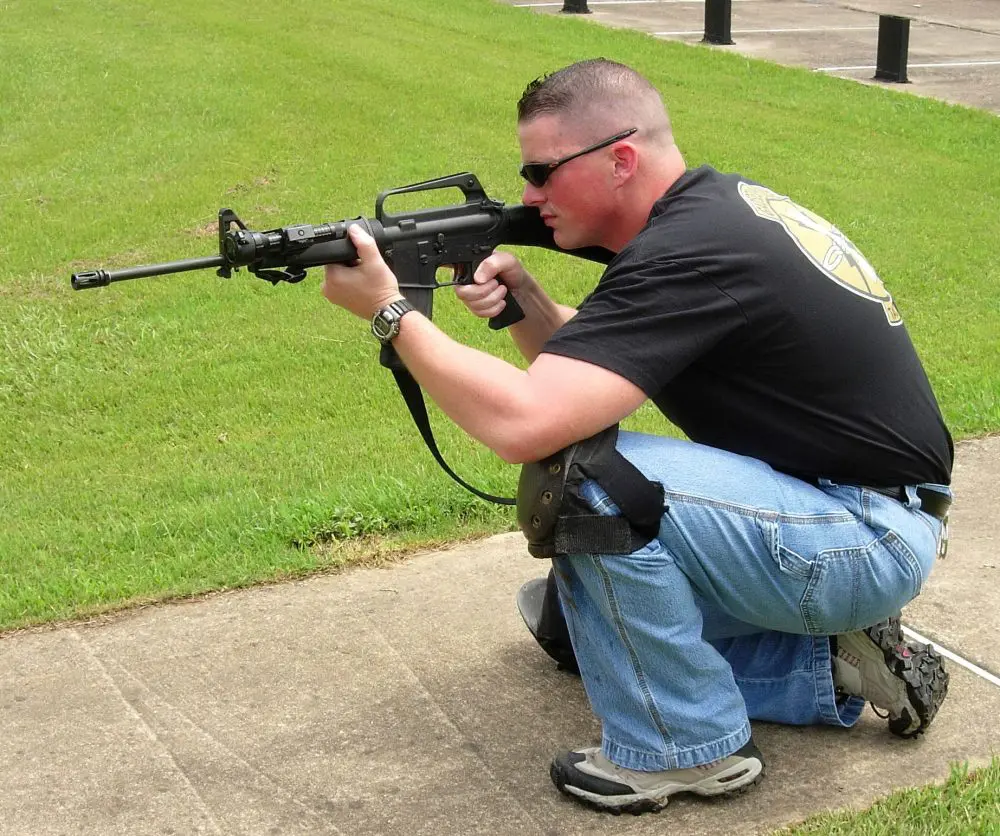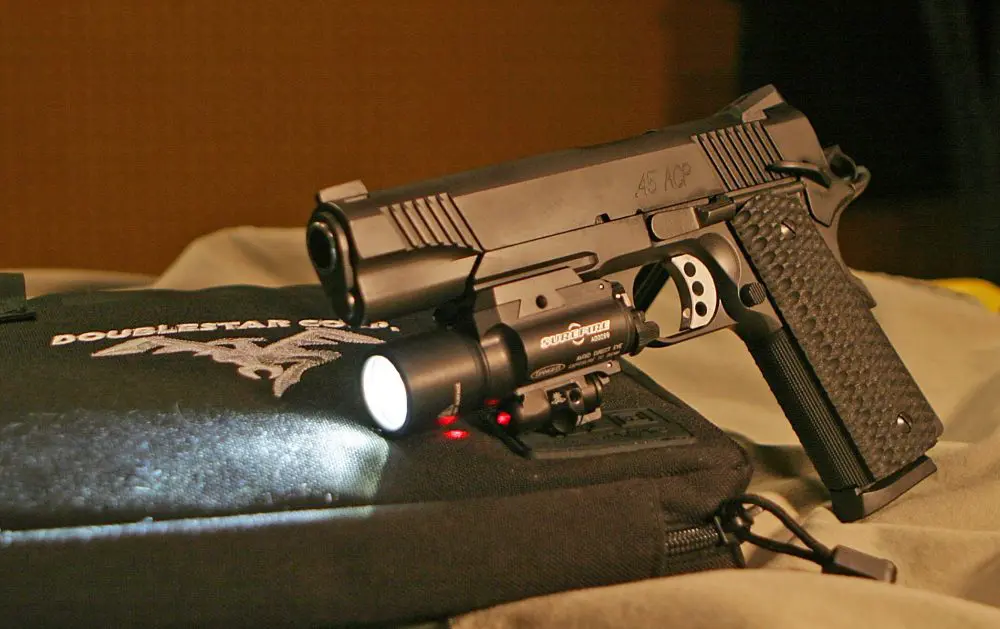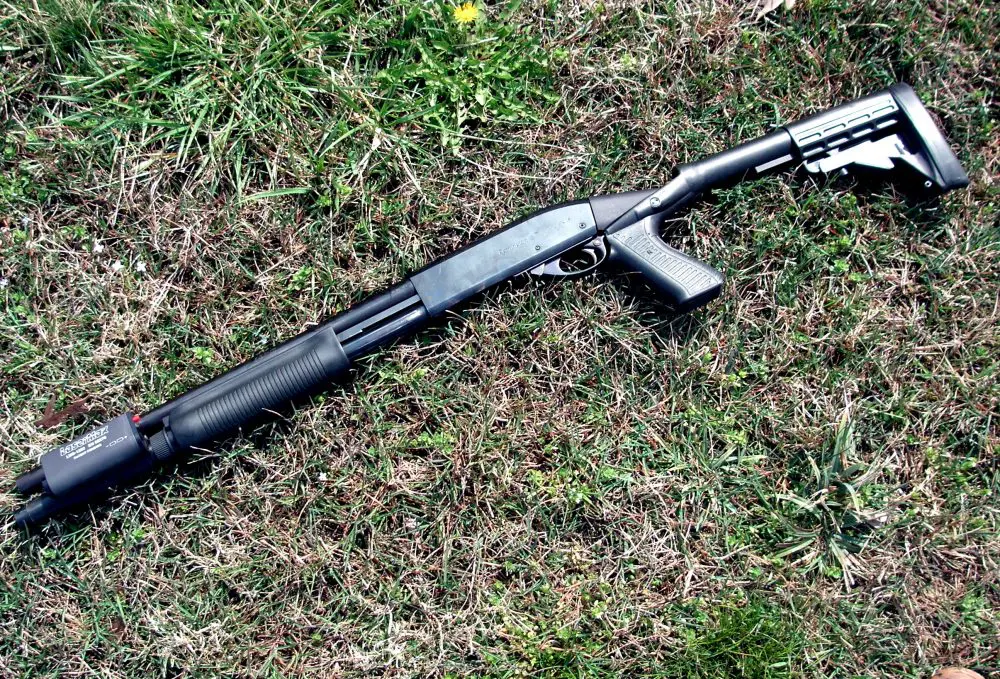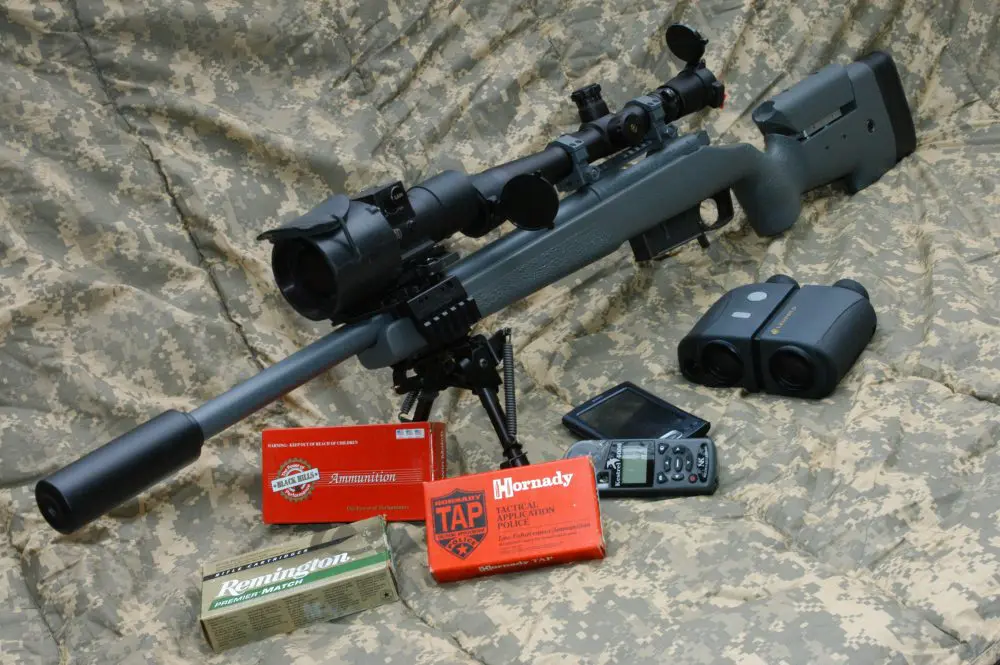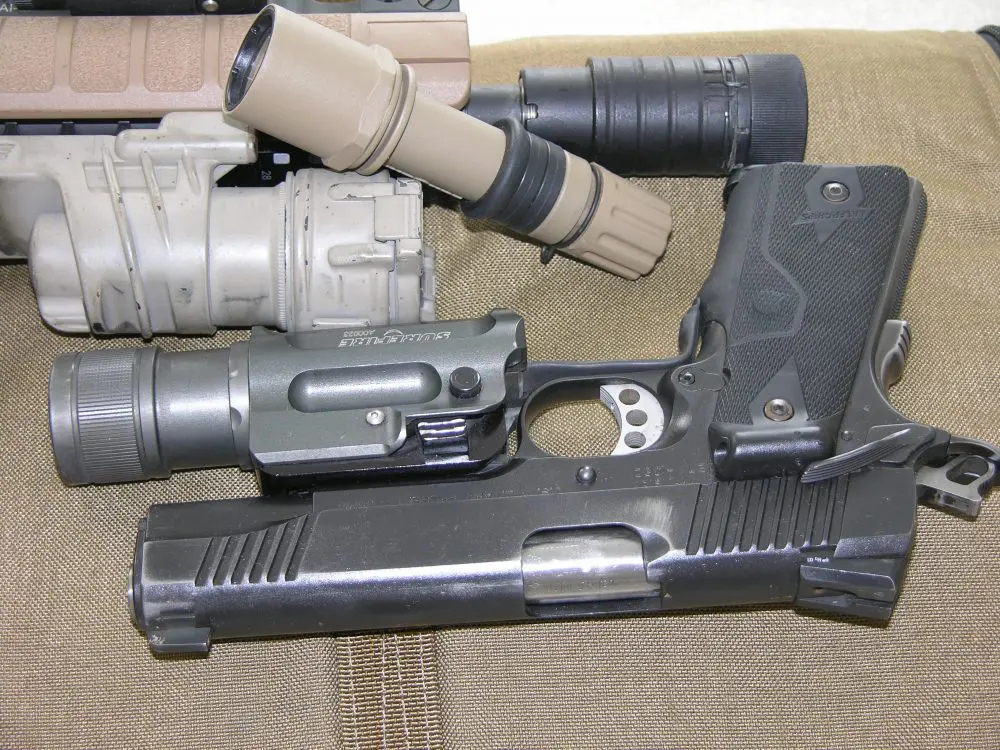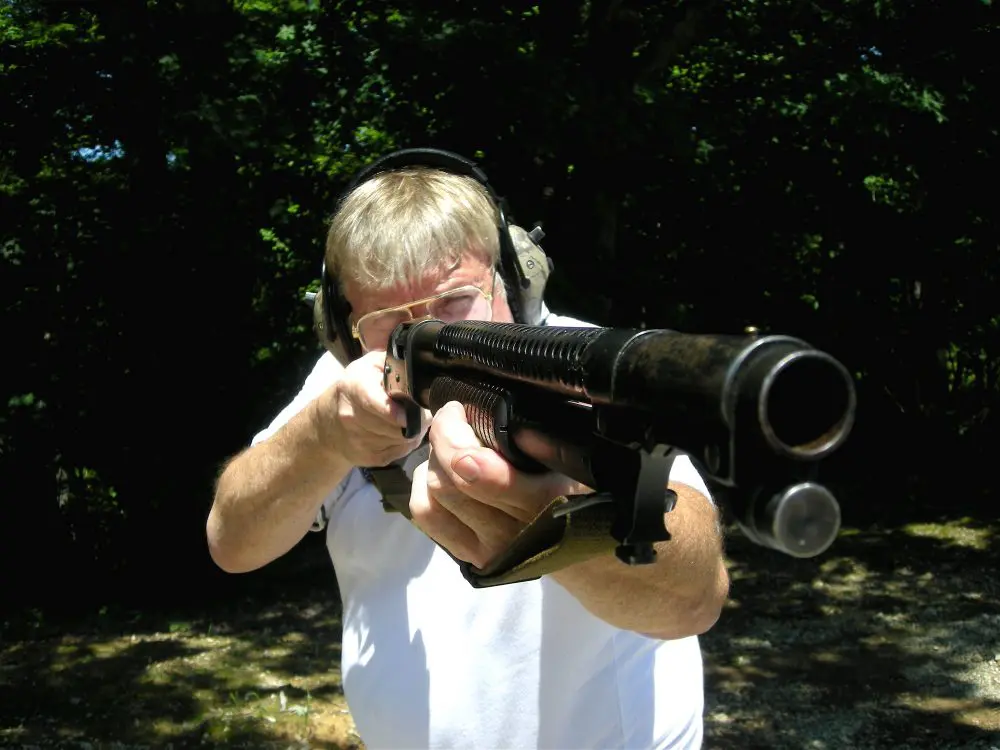On 2 March 2018, the 24th U.S. police officer to die this year in the line of duty was struck down by gunfire during a foot pursuit. His name was Deputy Jacob Pickett and he worked for the Boone County, Indiana Sheriff’s Office (BCSO). It happened 1.67 miles from the keyboard where this column is being typed.
Back in 1985, when dinosaurs roamed the earth, BSCO gave a snot-nosed twenty-something youngster a silver star to pin on his chest. In 1989, the Lebanon Police Department (LPD) gave me, by then only slightly less snot-nosed, a shield.
Eventually I rose to the rank of Lieutenant at LPD prior to my retirement a couple of years ago. Deputy Pickett’s life ended on an LPD warrant service as he helped several of my friends and co-workers attempt to catch a fleeing suspect.
That’s the basic story. But I don’t think we should stop there, because refusing to learn why such tragedies happen only compounds the tragedy. That’s why we’re going to talk about what went wrong, not as a finger-pointing Monday morning quarterback exercise (which we all hate), but as a way to possibly avoid the same circumstances that led to the permanent end of watch for Deputy Pickett on an otherwise dull Friday morning.
I’m trying to be careful not to share any confidential details of the shooting, as explained to me by several who were there, because the suspect won’t go to court for many months. But I can share enough information that those who will be in such situations tomorrow can better understand how such a “routine” (for cops) event can alter so many lives forever.
The chain of events started when officers from my department were attempting to serve an arrest warrant. The target of their attempts wasn’t at home, but in a nearby parked vehicle they saw another suspect who likewise had outstanding arrest warrants. The officers attempted to stop the vehicle but it fled with three occupants inside.
Deputy Pickett joined in the chase through our community. The pursuit ended up on a dead-end street of apartment buildings, where two of the suspects bailed out of the car and fled. In the confusion, the driver of the vehicle drove through several yards and continued to flee.
Meanwhile, chasing one suspect on foot, Deputy Pickett was shot in the head and killed instantly. One of the officers on the scene, a good friend of mine, returned fire and struck the suspect. Unfortunately, it wasn’t a fatal wound, but for the circumstances, his shooting wasn’t bad.
My friend fired six shots, likely striking the moving, quartering suspect with the first round at about 25 feet. He freely admits the follow-on shots probably missed because, as he told me over beer, “I slapped the trigger like I slap my wife’s butt on Saturday night!”
He told me to print that statement verbatim because it gives a pretty good sense of what happens in real life when you’re completely jacked up on adrenaline after seeing a fellow officer go down and the suspect headed toward other officers and bystanders with a pistol in his hand.
Without getting into more specifics, Pickett was ambushed while running behind the suspect. Obviously, the deputy didn’t sense an imminent threat because his pistol was still in the holster when he went down. He was accompanied by his canine partner who did not, for reasons that might never be known, attempt to go after the suspect.
Now Deputy Pickett is in his final resting place, his wife and two young sons are devastated, and a community mourns. His co-workers are angry, hurt, and searching for answers, asking the big question: “Why?”
So far, nobody has come up with a satisfying answer and probably won’t, because in these situations it’s hard to find anything that makes much sense. But there are practical lessons to be learned.
The takeaways from this terrible day aren’t earth-shattering in their complexity or uniqueness, but they dramatically demonstrate how things can go terribly wrong in the blink of an eye.
Foot pursuits are deadly. We know this, but we do them every day. Instead, stop and consider if the situation is really worth losing your life over. If you lose sight of someone while chasing, stop and take it slowly, so you don’t walk into an ambush.
Your shooting skills degrade under stress. If you are satisfied with “good enough” on the range, you’ll probably miss wildly when the chips are down. If you’re a good shot, you’ll probably miss more than you’ll hit, but even one straight-on bullet may be enough to change the outcome for the better.
Most people don’t practice “downed officer” drills and tactical medicine because they are so uncommon. Do them anyway. Again, none of this is critical of Deputy Pickett or the heroes who were with him that day. It’s just an effort to pull life-saving information from an indescribable tragedy. Next time you’re considering chasing somebody on foot, take a split second to consider the possibilities, because they are real. Just ask any cop from my town.
Deputy Jake Pickett, Boone County, Indiana Sheriff’s Office. 1983-2018. Rest in Peace.
Brent T. Wheat is a former SWAT officer, canine handler, detective, and patrol supervisor who retired after a 30-year law enforcement career. Brent is the publisher of WildIndiana Magazine, a regionally focused outdoor magazine. He can be reached at [email protected].

